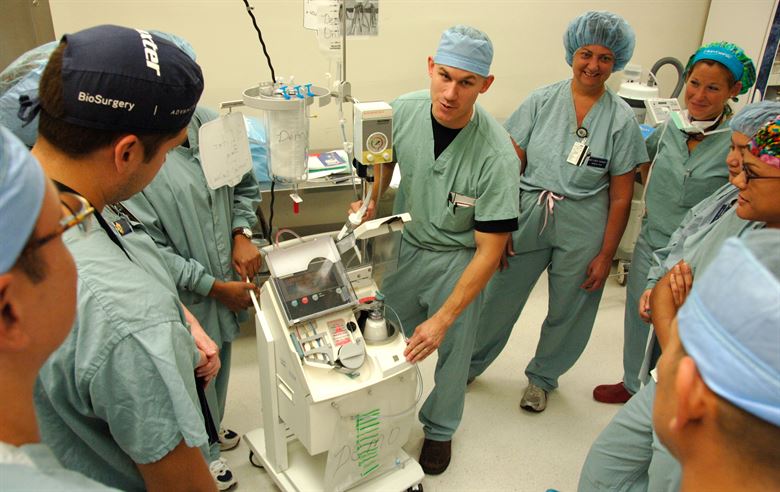Ready to find your ideal master's program?
www.mastersprogramsguide.com is an advertising-supported site. Featured or trusted partner programs and all school search, finder, or match results are for schools that compensate us. This compensation does not influence our school rankings, resource guides, or other editorially-independent information published on this site.
So you are thinking you need a master’s degree to advance in your career–chances are you are right; the master’s degree for today’s young professional seems to be what the bachelor’s degree was to budding professionals a generation ago. If you are already working and don’t have the flexibility to leave your current job, the smartest move you can make is pursuing your degree online. There are many programs in a whole range of disciplines that can be accessed completely online (if you’re not sure where to start, check out this list of the 50 Most Popular Online Master’s Degrees for some ideas). The next step once you’ve picked the perfect degree to advance in your line of work is finding the right school or schools offering your program online, and now it’s application time! As you are collecting transcripts and references, chances are you are also studying for the GRE. Anyone in graduate education circles has heard of the GRE, but have you ever wondered what exactly the test is and why is it used as an admissions requirement?
In short, the Graduate Record Examinations (GRE) is a standardized assessment test that measures an applicant’s critical thinking and analytic reasoning skills by posing questions that mimic the kinds of questions and problems with which graduate students will be presented on a daily basis in any given graduate program. Sections of the test assess three specific reasoning and/or writing skill areas: verbal reasoning, quantitative reasoning, and analytical writing. Each of those areas focus on comprehension and utilize a combination of multiple choice and written response questions. The test itself is continuously examined to make sure it offers a fair presentation of information that doesn’t favor certain groups of people over others and evaluated to assure that the measures are valid and pertinent to graduate-level thinking. For questions that are multiple choice, scores are calculated by a computer that counts the number of correct responses given. More complex questions are first graded by a highly-trained “rater” who uses a six-point system. This grading is followed up by a special computer program that grades essay competency–the final score is an average of the two. However, if there is a wide discrepancy between the human and the computer score, a second human rater examines the essay and the two human scores are averaged to reach the final score. The exam process takes three hours and 45 minutes with several break periods. Scores are generally ready to view within two weeks of taking the test.
So now that you know what the GRE is all about, you have the knowledge to tackle it. Or, if you would rather jump right into a program without having to prepare and take this test, there are many online programs available that do not require the GRE as part of their criteria for admission. These are solid, reputable programs that look at other forms of measurement to assess a student’s aptitude for their program. If that seems like more in line with your desires, look through this list of the 50 Best Online Master’s Programs That Do Not Require the GRE.

















